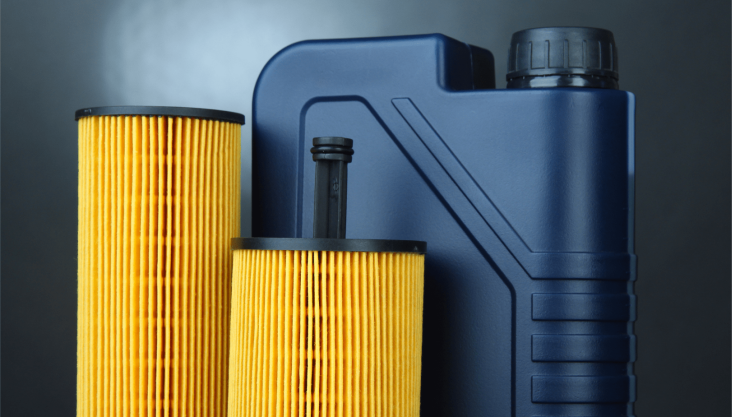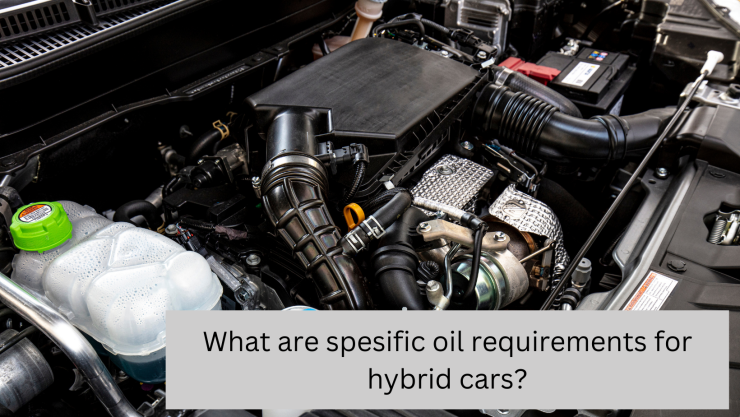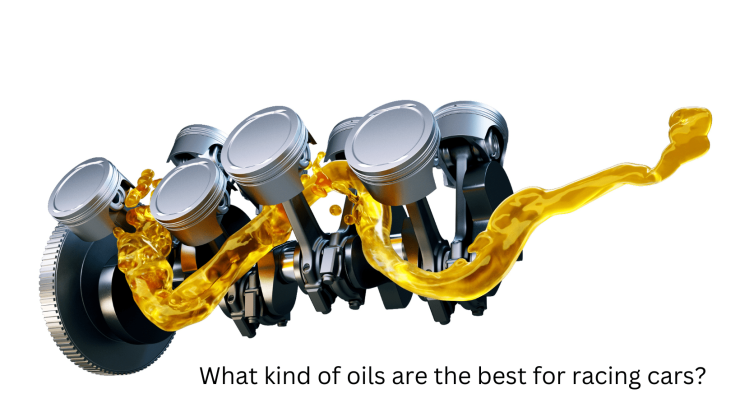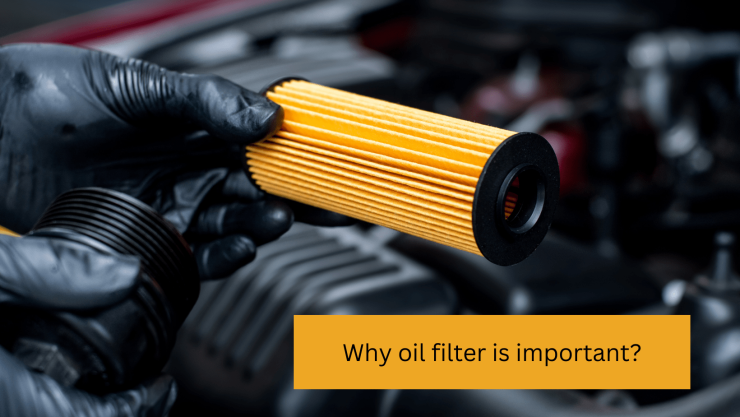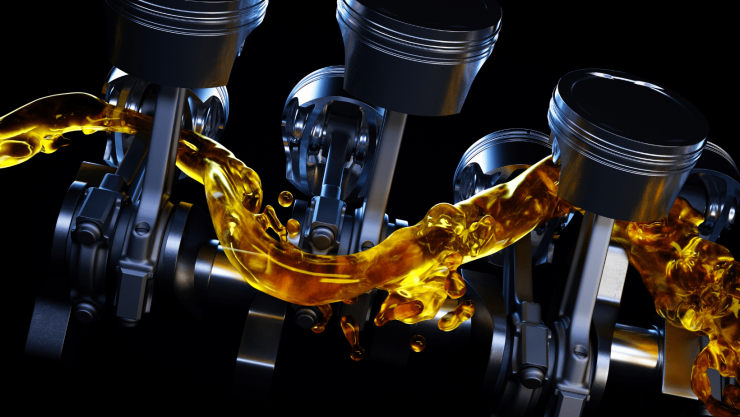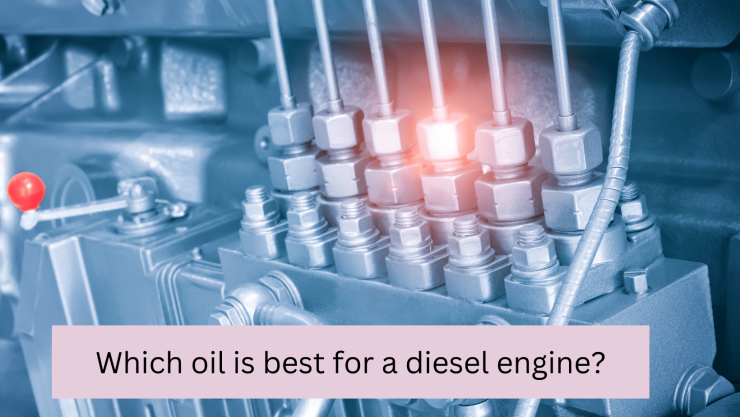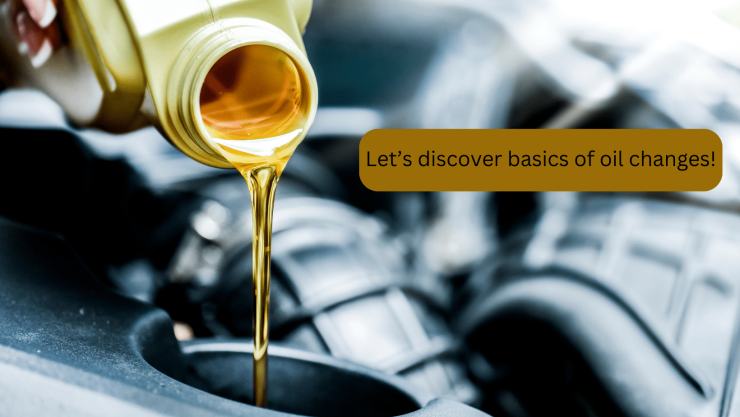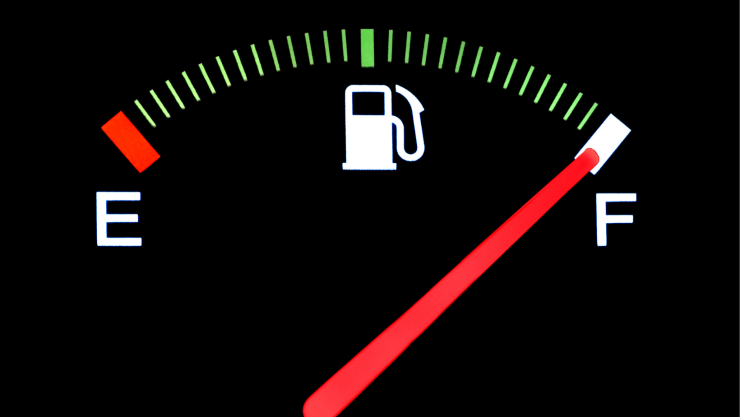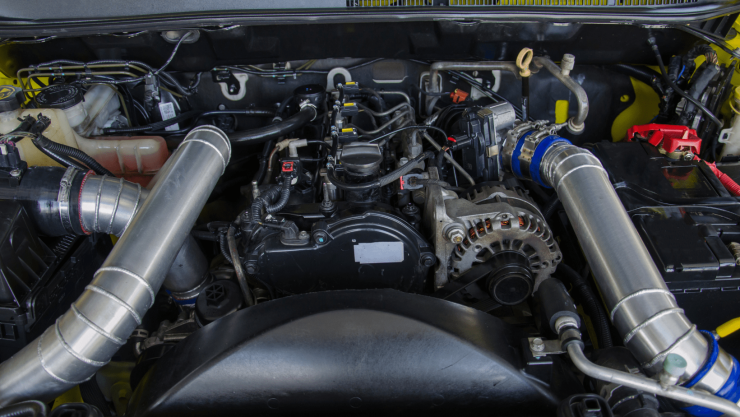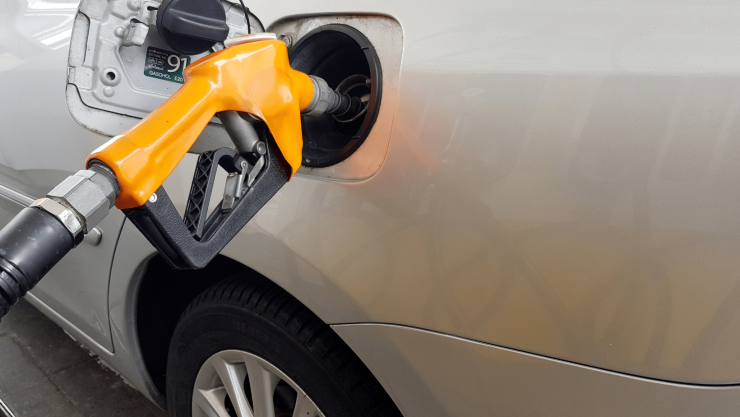How Often Should You Change Your Oil? (2024)
How Often Should You Change Your Oil? A Guide to Oil Change IntervalsIntroductionWhy Regular Oil Changes Are ImportantThe Role of Oil in Your EngineWhat Happens When You Skip Oil ChangesFactors That Determine Oil Change IntervalsVehicle TypeDriving HabitsOil TypeManufacturer RecommendationsEnvironmental ConditionsHow Often Should You Change Your Oil? Traditional Guidelines vs Modern RecommendationsThe Outdated 3,000-Mile RuleModern IntervalsSigns…
Continue Reading How Often Should You Change Your Oil? (2024)
The Importance of Regular Oil Changes for Hybrid Vehicles (2024)
The Importance of Regular Oil Changes for Hybrid VehiclesHybrid Cars and Oil Maintenance: Debunking MythsKey TakeawaysUnderstanding the Hybrid Vehicle Oil Change IntervalFactors Influencing Oil Change FrequencyOil Type and Quality: What’s Best for Your Hybrid?Choosing the Right OilAnnual Oil Changes: A Must for Low-Mileage HybridsWhy Regular Maintenance is KeyThe Process of Changing Oil in Hybrid VehiclesStep-by-Step…
Continue Reading The Importance of Regular Oil Changes for Hybrid Vehicles (2024)
Oil Types for Cold Climates (2024)
Understanding the Importance of Choosing the Right Oil for Your Vehicle in Cold ClimatesWhy the Right Oil Matters in Cold ClimatesThe Challenges of Cold WeatherProtecting Your EngineCharacteristics of Ideal Oil for Cold ClimatesLow ViscositySynthetic FormulationsAdditives for ProtectionRecommended Oil Types for Cold ClimatesGeneral RecommendationsSpecific BrandsThe Role of Viscosity in Cold WeatherUnderstanding Viscosity RatingsImportance of the Right…
Racing Car Oil Requirements
Racing Car Oil Requirements: Everything You Need to Know Racing cars are precision machines, designed to deliver peak performance under extreme conditions. Every component plays a critical role, and oil is no exception. But what makes racing car oil different from what you’d use in a regular vehicle? Let’s dive into the key requirements for…
Eco-Friendly Oil Changes (2024)
Eco-Friendly Oil ChangesOptimal Eco-Friendly Oil ChangesUnderstanding Manufacturer GuidelinesAdjusting for Driving HabitsTailoring Intervals by Vehicle TypeThe Impact of Driving HabitsHow Driving Style Influences Oil Change FrequencyEnvironmental Implications of Adjusted IntervalsChoosing the Right Oil TypeConventional vs. Synthetic OilSpecialized Oil NeedsEnvironmental Benefits of Proper Oil MaintenanceReduced WasteImproved Engine EfficiencyProlonged Vehicle LifeHow to Be an Environmentally Conscious DriverConclusionAdditional Resources…
The Essential Guide to High-Mileage Oil Changes: Personal Tips and Best Practices (2024)
The Essential Guide to High-Mileage Oil Changes: Personal Tips and Best PracticesWhy High-Mileage Oil Is a Game-ChangerHow Often Should You Change the Oil?A Decision Point: Synthetic vs. Conventional OilRegular Maintenance and Monitoring Are KeyReal-Life Example: My Honda AccordThe Cost-Benefit of Regular Oil ChangesMy Takeaway on High-Mileage Oil ChangesAdditional Resources The Essential Guide to High-Mileage Oil…
The Essential Role of Oil Filters in Car Performance
The Essential Role of Oil Filters in Car PerformanceKey TakeawaysThe Role of Oil FiltersWhy Oil Filters MatterWhen to Change Your Oil FilterChoosing the Right Oil FilterPopular Oil Filter BrandsImpact on Different Vehicle TypesEnvironmental ConsiderationsConclusion: The Importance of Oil FiltersAdditional Resources The Essential Role of Oil Filters in Car Performance Understanding the importance of oil filters…
Continue Reading The Essential Role of Oil Filters in Car Performance
Synthetic vs Conventional Oil: Maximizing Your Vehicle’s Performance
Synthetic vs Conventional Oil: Maximizing Your Vehicle’s PerformanceKey TakeawaysUnderstanding Oil Types: Composition and ManufacturingSynthetic OilConventional OilPerformance and ProtectionCost ImplicationsThe Impact of Oil Choice on Vehicle HealthLongevity and EfficiencyEnvironmental ConsiderationsComparison: Synthetic vs. Conventional OilChoosing the Right Oil for Your VehicleConclusion: Maximizing Performance with the Right Oil ChoiceAdditional Resources Synthetic vs Conventional Oil: Maximizing Your Vehicle’s Performance…
Continue Reading Synthetic vs Conventional Oil: Maximizing Your Vehicle’s Performance
Diesel Engine Oil Types: Your Guide to Optimal Performance
Diesel Engine Oil Types: Your Guide to Optimal Performance When it comes to maintaining a diesel engine, choosing the right oil is essential for keeping your engine healthy and performing at its best. Diesel engine oil is specifically formulated to handle the higher compression, torque demands, and unique emission control requirements of diesel engines. In…
Continue Reading Diesel Engine Oil Types: Your Guide to Optimal Performance
Understanding the Basics of Oil Changes
Why Regular Oil Changes are Essential Regular oil changes are a fundamental aspect of vehicle maintenance, crucial for prolonging engine life, enhancing fuel efficiency, and boosting overall performance. The process involves draining old, used engine oil and replacing it with fresh, clean oil, along with a new oil filter. Neglecting regular oil changes can lead…
Seasonal fuel efficiency tips
Key Takeaways Aspect Takeaway Winter Tips Maximize fuel efficiency by addressing motor oil viscosity and managing electrical loads like heaters and seat warmers. Summer Tips Improve gas mileage by avoiding excessive air conditioner use and removing unnecessary weight from the car. Tire Maintenance Keep tires properly inflated to the manufacturer’s recommendations to prevent efficiency loss.…
Fuel additives and efficiency
Key Takeaways Table Key Point Details Fuel Additives How additives can enhance fuel efficiency and engine performance. Types of Additives Overview of different fuel additives and their specific functions. Fuel Efficiency The role of additives in fuel economy and their impact on long-term vehicle health. Internal Links Strategy Utilization of internal links to provide comprehensive…
Exploring the Advantages of Cruise Control for fuel saving
Key Takeaways Advantage Description Enhanced Fuel Efficiency Utilizing cruise control can lead to significant savings on fuel consumption by maintaining a constant speed. Reduced Engine Wear Consistent speed minimizes the engine load, extending engine life. Better Trip Planning Cruise control aids in efficient route planning, ensuring a smooth journey. Improved Safety Maintaining a steady pace…
Continue Reading Exploring the Advantages of Cruise Control for fuel saving
Unveiling the engine idling consequences
Key Takeaways Aspect Detail Engine Wear Idling can accelerate engine wear and reduce engine life. Fuel Economy Prolonged idling decreases fuel economy and efficiency. Environmental Impact Increases carbon emissions and contributes to air pollution. Cost Implications Contributes to higher fuel costs and potential maintenance expenses. Improvement Tips Strategies include efficient driving habits and vehicle maintenance…
Impact of Air Conditioning on Fuel Efficiency
Air conditioning in vehicles is a double-edged sword: it provides comfort during hot weather but can impact fuel efficiency. Understanding this relationship is key for drivers who want to balance comfort and fuel economy. Key Takeaways Aspect Detail Impact on Fuel Efficiency Air conditioning can reduce fuel economy by 5-25%. Factors Influencing Impact Vehicle size,…
Continue Reading Impact of Air Conditioning on Fuel Efficiency

